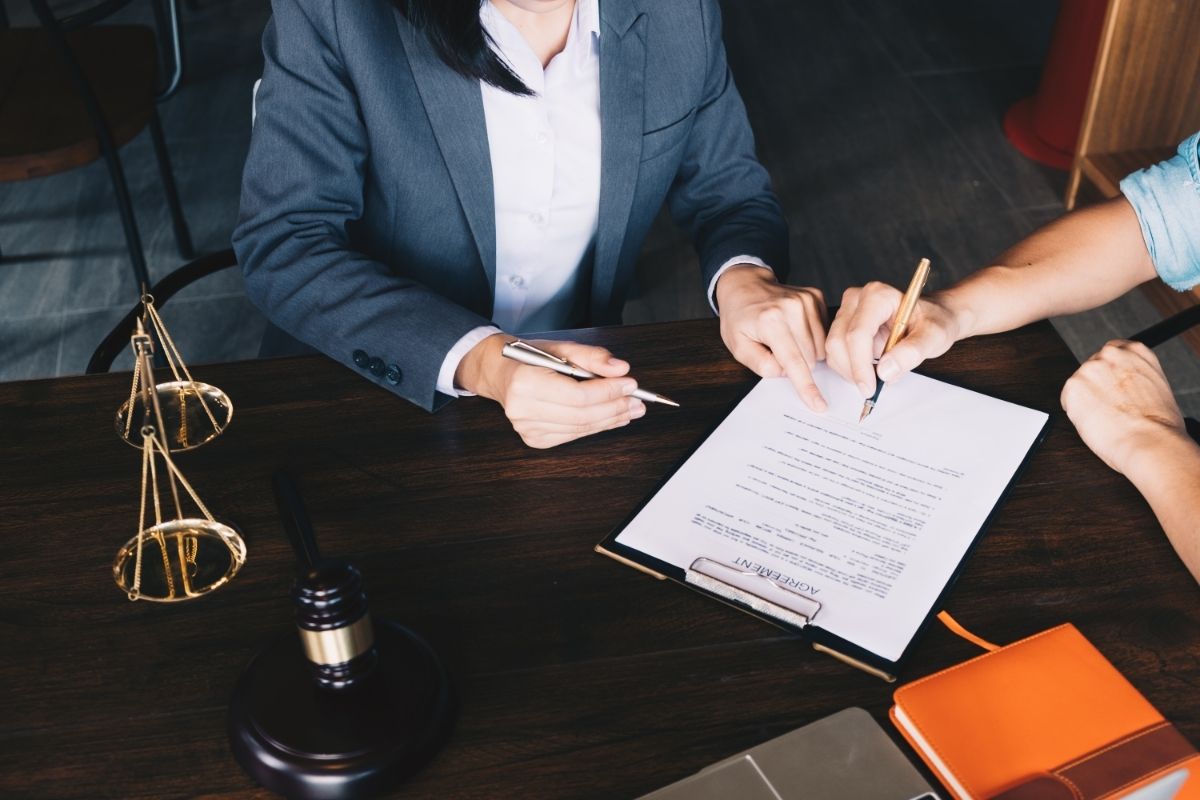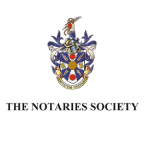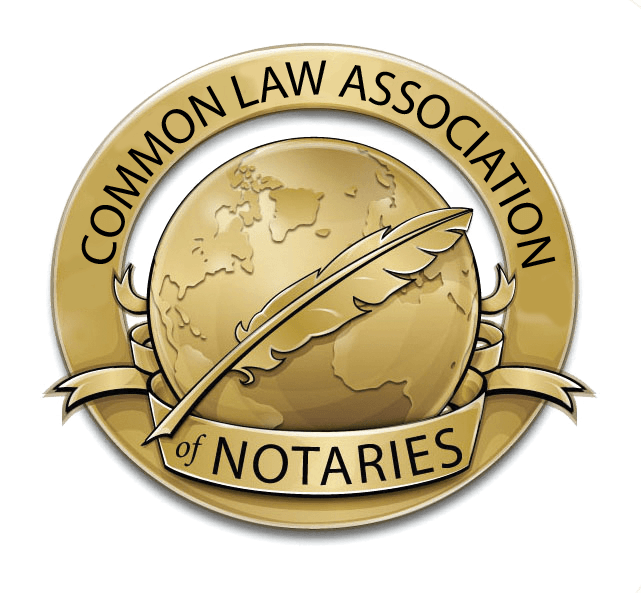PERSONAL NOTARY
SERVICES
Woodcock Notary Public provides you with simple and smooth solutions for notary and legalisation requirements.
Woodcock Notary Public provides simple and smooth solutions for notary and legalisation requirements for you.
Home > Services > Notary Public Services > Personal Notary Services

Woodcock Notary Public provides a range of notarial services for individuals.
Applications to live, work, marry, or study abroad often require the assistance of a Notary Public. We are proud to have helped hundreds of clients in their successful applications, submitted to authorities around the world.
Select one of the services, below, to find out more about how Woodcock Notary Public can help.
An authority may request that a Notary Public is present at the signing of any kind of document – particularly if that authority is outside of the UK. The presence of a notary guarantees that a particular document or contract has been signed by someone whose identification has been verified.
If you require the assistance of a Notary Public to notarise your documents, call or email us.
A Statutory Declaration is a formal, written statement to affirm that something is true, to the best knowledge of the person making the declaration. Statutory Declarations have to be signed in the presence of an authorised person, such as a Notary Public.
Statutory Declarations may be needed for passport applications by the UK government, or for name changes.
If you require the assistance of a Notary Public regarding a Statutory Declaration, call or email us.
An Affidavit is a written statement from a person. It must be signed by the person (the ‘affiant’) and by a Notary Public – or other authorised person. Affidavits are likely to be accepted wherever Statutory Declarations are, provided that the wording features certain details.
Affidavits are often required in court proceedings. This is most usually for those concerning divorce proceedings, property disputes, and debt cases.
If you require the assistance of a Notary Public regarding an Affidavit, call or email us.
An oath is a written statement from a person, which they swear to be true, invoking a divine witness (i.e. God). This may not be appropriate for people with other or no religious beliefs. A declaration is a non-religious alternative to an oath. The signing of oaths must be witnessed by a Notary Public – or other authorised person.
If you require the assistance of a Notary Public, regarding an oath or declaration, call or email us.
A Certificate of No Impediment (CNI/CONI) is a document that states that a person is legally allowed to get married or get a civil partnership abroad. A CNI is for each person, not per couple. Some countries require that certificates be no older than two or three months at the time of the wedding and may need to be translated. It is important to follow the particular rules of the country where the wedding is to take place.
Certificates (CNIs) can be obtained at a local registry office in the UK. Once the registry office has received notice of the marriage, it will be publicly displayed for 28 days. After this period, provided that no objections have been put forward, the CNI will be available for collection.
If you require the assistance of a Notary Public regarding a Certificate of No Impediment, call or email us.
The Statutory Declaration states that the signatory has not previously been married or that they are now divorced and free to marry again. This declaration serves that same purpose as a Certificate of No Impediment.
This declaration must be signed in the presence of a Notary Public.
If you require the assistance of a Notary Public regarding a Statutory Declaration, call or email us.
It is often necessary for marriage certificates to be legalised by apostille for official purposes. This is so they can be used outside the UK. Legalisation is the process by which a notary adds their signature and seal to a document, before it is then certified by the Foreign, Commonwealth, and Development Office (FCDO). This process is known as legalisation. The document can then be used overseas.
If you require the assistance of a Notary Public regarding the legalisation of a marriage certificate, call or email us.
Applying for citizenship abroad can be an arduous process. In order for an application to be successful, a number of different documents may need to be witnessed, verified, and notarised by a notary, or other authorised figure. Documentation might include birth certificates, marriage certificates, degrees and other qualifications, driving licences, those regarding tax and National Insurance contributions, and pensions.
If you require the assistance of a Notary Public, regarding a foreign citizenship application, call or email us.
In order to certify a document as a ‘true copy’ of an original, it will require the signature of a notary, or other authorised official.
Passports are, perhaps, the most common type of document from which true copies need to be made. Often deemed too valuable to send via post, certifying them remotely is seen as a safer alternative.
If you require the assistance of a Notary Public to obtain a true copy of a passport, call or email us.
The documents required when applying for a UK passport depends on a number of factors. These include when an applicant was born (pre or post 1983 – when new immigration rules were introduced); where the applicant was born, whether in the UK, in a British Overseas territory, or elsewhere; and which parent, if any, is a British Citizen. Required documentation may include birth certificates, wedding certificates, and foreign passports.
Applications made because of a change of name due to a marriage, divorce, or for any other reason, will require other types of documents. This includes declarations, driving licences, and those relating to baptism and confirmation.
Applications made due to a change of gender will require a gender recognition certificate and a re-issued birth certificate.
If you require the assistance of a Notary Public, regarding a UK passport application, call or email us.
Required documentation, when applying for a foreign passport, will vary, depending on the country. Documents may include birth certificates, marriage certificates, and true copies of any UK passports held. Many foreign jurisdictions will request that these documents are notarised and legalised, in order to be valid in their country.
If you require the assistance of a Notary Public, regarding an application for a foreign passport, call or email us.
A Child Travel Consent form is a document that is used to allow a minor to travel with a group, with a friend or family member, alone, with only one parent who shares custody, and abroad via any means. By having a Child Travel Consent form notarised, the authenticity of the document is guaranteed. This is recommended, particularly if a minor is travelling internationally.
If you require the assistance of a Notary Public, regarding the notarisation of a Child Travel Consent form, call or email us.
When applying for work abroad, foreign organisations may request that qualifications are authenticated by a Notary Public. This goes some way to guaranteeing the authenticity of degrees and diplomas, among others.
If you require the assistance of a Notary Public regarding the authentication of qualifications, call or email us.
The General Medical Council (GMC) issues a range of certificates; these include provisional and full registrations, proof of entry onto the register, certificates of professional status or good standing, and specialist or general practice certificates.
For use in foreign jurisdictions, it may be requested that GMC Certificates are authorised by a Notary Public, guaranteeing their authenticity.
If you require the assistance of a Notary Public, regarding the authentication of GMC Certificates, call or email us.
In order to be eligible to register for the exam, foreign applicants to the New York Bar must first send supporting documentation to the New York State Board of Law Examiners.
Documents must include university transcripts, acquired from the university and sent stamped and sealed; a copy of the applicant’s degree certificate and, also, their practising certificate; and a letter from the solicitor’s regulatory authority or law society of the appropriate country.
A Notary Public may be needed to produce ‘true copies’ of certificates – signed by the notary, certifying it as genuine.
If you require the assistance of a Notary Public, regarding applications to foreign institutions, such as the New York State Board of Law Examiners, call or email us.
A Power of Attorney is a legal document that gives someone permission to make decisions, or take action, on another person’s behalf.
Relating to the sale of land or property abroad, a Power of Attorney may need to be transferred to a solicitor based in the country where assets are being sold. In doing so, they are able to sign documents and push forward with the sale, allowing the sale to go ahead, remotely.
If you require the assistance of a Notary Public, regarding a Power of Attorney, call or email us.
US Property Deeds must be notarised. If the person selling the property (‘grantor’) is outside the United States, the deed needs to be authorised by a Notary Public in order for it to be valid.
If you require the assistance of a Notary Public regarding the transfer of US Property Deeds, call or email us.
An affidavit, relating to US timeshares, must be signed by the individual or persons named in the document and also by a Notary Public – or other authorised person. Affidavits are often required when obtaining a timeshare, regarding part-ownership and upkeep of maintenance.
If you require the assistance of a Notary Public, regarding an affidavit, call or email us.
An ID1 form is used to confirm a person’s identity when lodging an application to HM Land Registry, when not represented by a solicitor.
Once Section A of the form is completed, an applicant must then have their identity verified by a Notary Public – or other authorised person.
If you require the assistance of a Notary Public, regarding an ID1 form for an application to HM Land Registry, call or email us.
There are some differences regarding who can witness a will in the UK. In England and Wales, wills must be witnessed by two independent witnesses; in Scotland, only one witness is required.
Witnessing a will is a legal obligation. It means that, should the will ever be called into question, that there will be a credible witness to testify that it was signed and witnessed properly. Legally, a witness cannot be a beneficiary of the will.
If you require the assistance of a Notary Public, regarding the witnessing of a will, call or email us.
In order to be valid for use in foreign jurisdictions, some countries require that wills are authenticated by a Notary Public – or other authorised person. The document can then be used overseas.
If you require the assistance of a Notary Public, regarding the authentication of a will, call or email us.
A Grant of Probate certificate is needed if you are the executor of a will, and need to deal with the assets, such as money or property, of someone who has died. The certificate proves that the person who holds the certificate has the authority to manage the assets of the deceased.
They can also be used overseas, but will require notarisation.
A Grant of Letters of Administration is a document similar to the Grant of Probate as it lets an individual manage the estate of someone who has recently deceased, but is used if there is no will, or if no executors are named in a will.
This document can be used overseas, but will require notarisation.
As a way of ensuring that a pension remains valid, it may be necessary to submit regular Certificates of Life to its provider, notifying them that the policy-holder is alive and well. This is especially important if the policy-holder resides in a different country to where the provider of the pension is based.
A Notary Public may be needed to authorise a Certificate of Life before submission, guaranteeing that the signee is consistent with the person named on the policy.
If you require the assistance of a Notary Public, regarding Certificates of Life, call or email us.
The UK Criminal Records Office, or ACRO, is the official UK government agency tasked with checking up on the police records of individuals who want to live or work abroad, or apply for a job that involves working with children. A successful check will satisfy governmental authorities that an individual is of ‘good character’.
Criminal background checks are also known as ACRO or DBS checks.
The process of applying for and using an ACRO check, begins in an online (or postal) application to the UK Criminal Records Office. This requires proof of identity and address, as well as photographs. If applying by post, the applicant must send only scans or photocopies of identity documents. Then, the ACRO office will process the application and send the police certificate to the home address supplied. The certificate mentions the applicant’s name(s), date of birth, gender, passport details, photograph, address, and details of any legal convictions.
The certificate will require attestation by a Notary Public – or other authorised person – before it can be submitted in support of a foreign visa application. Attestation is the process by which a notary adds their signature and seal to a document, before it is then certified by the FCDO. This process is known as legalisation.
If you require the assistance of a Notary Public regarding criminal background checks, call or email us.
Notaries provide an important service, allowing prisoners to manage their affairs, and those of their families, while in the prison system.
The notarial services required might include powers of attorney, property transactions, the administration of oaths and declarations, the witnessing of documents, and child travel consent forms.
If you require the assistance of a Notary Public regarding notarial service offered to prisoners, call or email us.
Need a notary public?
Fill in the form below, and one of our experienced team members will contact you for a personalised quote.
This will usually be within our normal working hours, which are Monday to Friday, 9 am to 5 pm.
READY FOR ASSISTANCE?
If you have any questions about our notary, apostille or consular services,
contact Woodcock Notary Public today.
Call us on 0800 049 2471 (free to call) or email info@woodcocknotarypublic.com.
If you have any questions about our notary, apostille or consular services, contact Woodcock Notary Public today.
Call us on 0800 049 2471 (free to call) or email info@woodcocknotarypublic.com.





